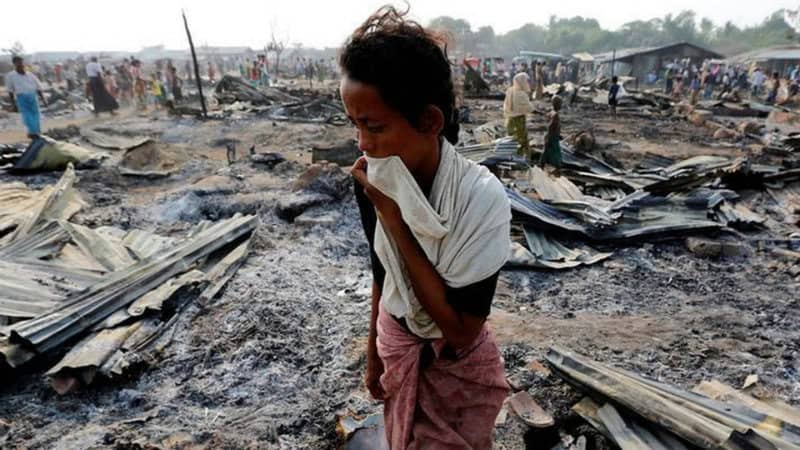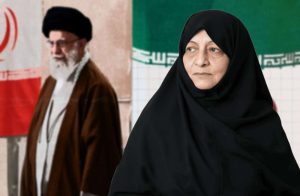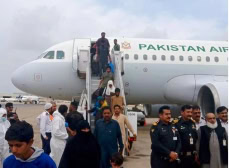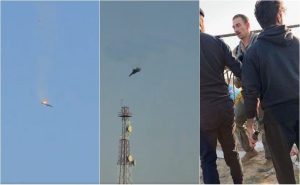DHAKA – Rohingya rebels in Myanmar have declared a one-month unilateral ceasefire to ease the humanitarian crisis in northern Rakhine state.
“The Arakan Rohingya Salvation Army (ARSA) hereby declares a temporary cessation of offensive military operations,” it said in a statement on its Twitter handle @ARSA_Official, adding it was to allow for humanitarian aid to reach the battered region.
IMPORTANT: PRESS RELEASE
(10th Sept, 2017)#ARSA hereby declares a ceasefire from offensive military operations for one month from today. pic.twitter.com/DHBjQqnyIo— ARSA_The Army (@ARSA_Official) September 9, 2017
The group urged “all humanitarian actors” to resume aid delivery to “all victims of humanitarian crisis irrespective of ethnic or religious background” during the ceasefire period which runs until October 9.

Since August 25, an army crackdown in the country’s Rakhine State has pushed nearly 300,000 of the Muslim minority to flee to Bangladesh, while tens of thousands more are believed to be stranded in the area without shelter, food and water.
ARSA attacks on police on 25 August led to a ferocious military response. The insurgents group appears to have significantly grown in the last year despite remaining hopelessly outgunned against one of Asia’s largest militaries.
According to statements and photos released by Myanmar’s army, the militants use primitive weapons, including gunpowder rifles, homemade guns and bombs as well as clubs and swords.

Myanmar’s army says it has killed nearly 400 rebels so far, while some Rohingya refugees have complained they were forced to fight by ARSA.
Myanmar government so far has made no public comments on the ARSA’ initiative.
Myanmar does not want its Rohingya population. The government does not recognise them among its official ethnic minority groups and they are instead pejoratively labelled ‘Bengalis’ – illegal immigrants from Bangladesh.
Rohingya residents – a stateless, mostly Muslim minority in Buddhist-majority Myanmar – say the military and Rakhine Buddhists are waging a brutal campaign against them, burning their villages.

The UN says that aid groups urgently need $77m (£58m) to help Rohingya who have fled Myanmar. There is a desperate need for food, water and health services for new arrivals in Cox’s Bazaar, the UN added.
Meanwhile, human rights group Amnesty International accused Myanmar’s military of planting landmines at the border with Bangladesh.
Bangladeshi officials have said they believe Myanmar government forces are planting the landmines to stop the Rohingya returning to their villages.

The Rohingya plight is sparking concern and protests in many nations, and Myanmar’s de facto leader Aung San Suu Kyi has been criticised for failing to protect them.
More than 1,000 people might already have been killed in Myanmar, a senior United Nations representative said on Friday, urging Aung San Suu Kyi to speak out against the deaths.

On the basis of witness testimonies and the pattern of previous outbreaks of violence, said Yanghee Lee, the UN special rapporteur on human rights in Myanmar, “perhaps about a thousand or more are already dead”.
There are currently around 1.1m residents in the Southeast Asian nation, formerly known as Burma, which is home to more than 100 ethnic groups and approximately 55 million people.













